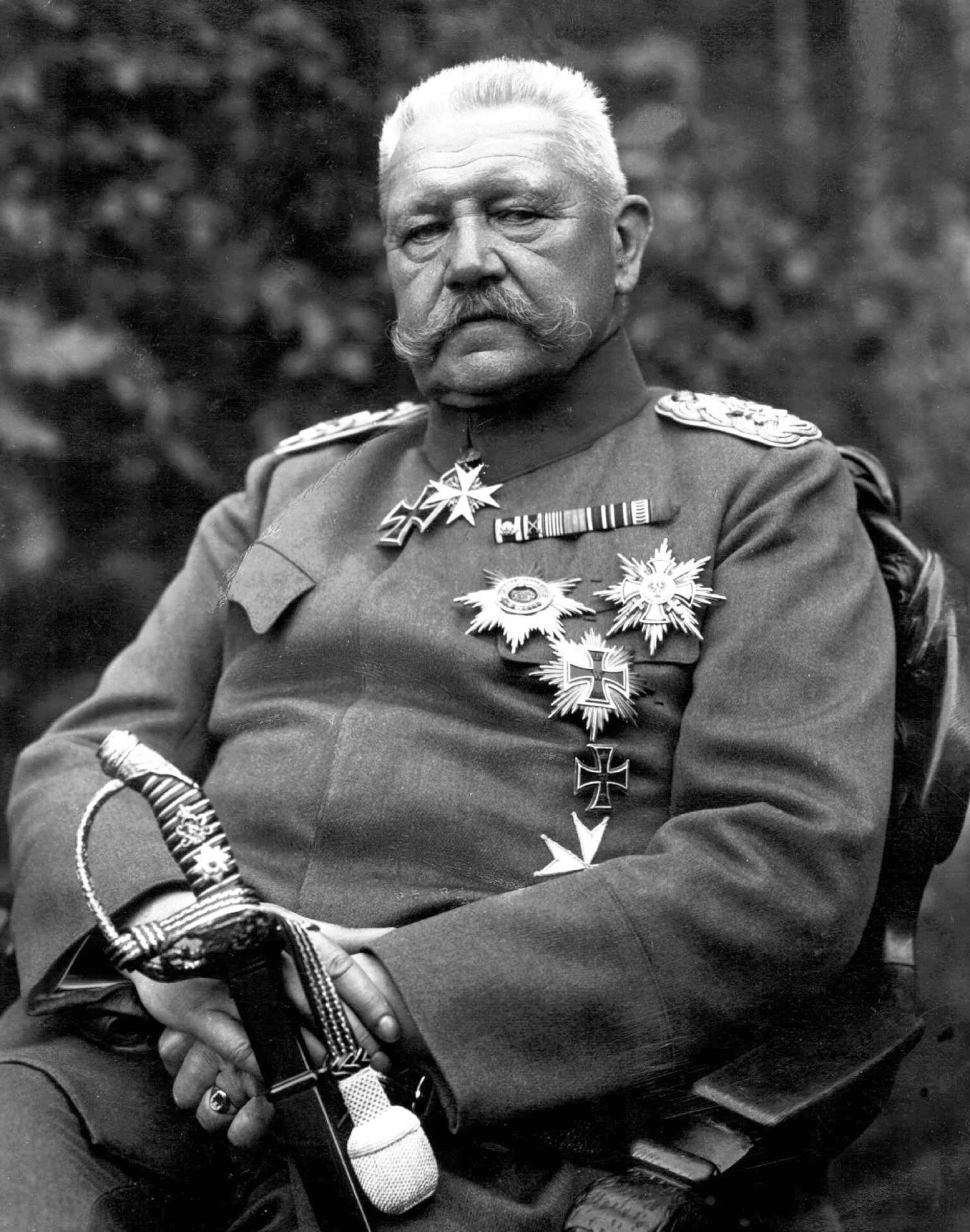
He oversaw the return home of the German army and then the mobilization of forces to crush communist insurrections. On September 28 of that year, with tears in his eyes, Hindenburg accepted Ludendorff’s view that peace was the only option.įollowing the subsequent revolution, armistice and the creation of the so-called Weimar Republic, Hindenburg remained in post as Chief of the General Staff, once again a unifying figurehead. The huge gamble of an all-out offensive in spring 1918 backfired and in the summer the German army began to disintegrate. Hindenburg and Ludendorff failed to deliver German victory in the Great War however, even after being given total control over the war effort. By the final years of the First World War, Hindenburg (left) and Ludendorff were running Germany. Together they became effective dictators of wartime Germany, dominating not only military affairs but also economic and foreign policy and ousting chancellors who they disliked. Hindenburg and Ludendorff formed a “happy marriage,” their personalities complimenting each other well: Hindenburg the delegator and frontman with a talent for PR, Ludendorff the temperamental genius. Alongside his chief of staff Erich Ludendorff, Hindenburg delivered a stunning victory at Tannenberg in late August which made his reputation and, given it appeared he had saved the nation from invasion, turned him into the country’s leading war hero overnight. In August 1914, the 66-year-old lieutenant general was recalled as Russia encroached on Germany’s eastern frontiers. It was only the Great War which rescued him from the historical obscurity of retirement. However, his military career was long if unremarkable. Paul Ludwig Hans Anton von Beneckendorff und von Hindenburg was as aristocratic as his name suggested. But just how accurate is the image of a ‘good’ Hindenburg? In this, Hindenburg was a willing collaborator.”Ī ‘GOOD GERMAN,’ an honourable Prussian solider and the last bulwark against Hitler? That’s how Field Marshal and later President Paul von Hindenburg is often portrayed. (Image source: WikiMedia Commons) “The Nazis moved swiftly to consolidate their dictatorship in the first months of 1933.

The results were disastrous for Germany and the world. While in office, he and his nationalist, right-wing coalition hoped to use the up-and-coming Adolf Hitler to undermine the Weimar Republic and democracy. Retired field marshal Paul von Hindenburg served as German president for nine years beginning in 1925.


 0 kommentar(er)
0 kommentar(er)
